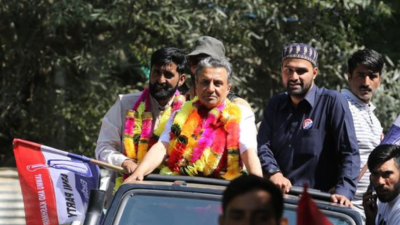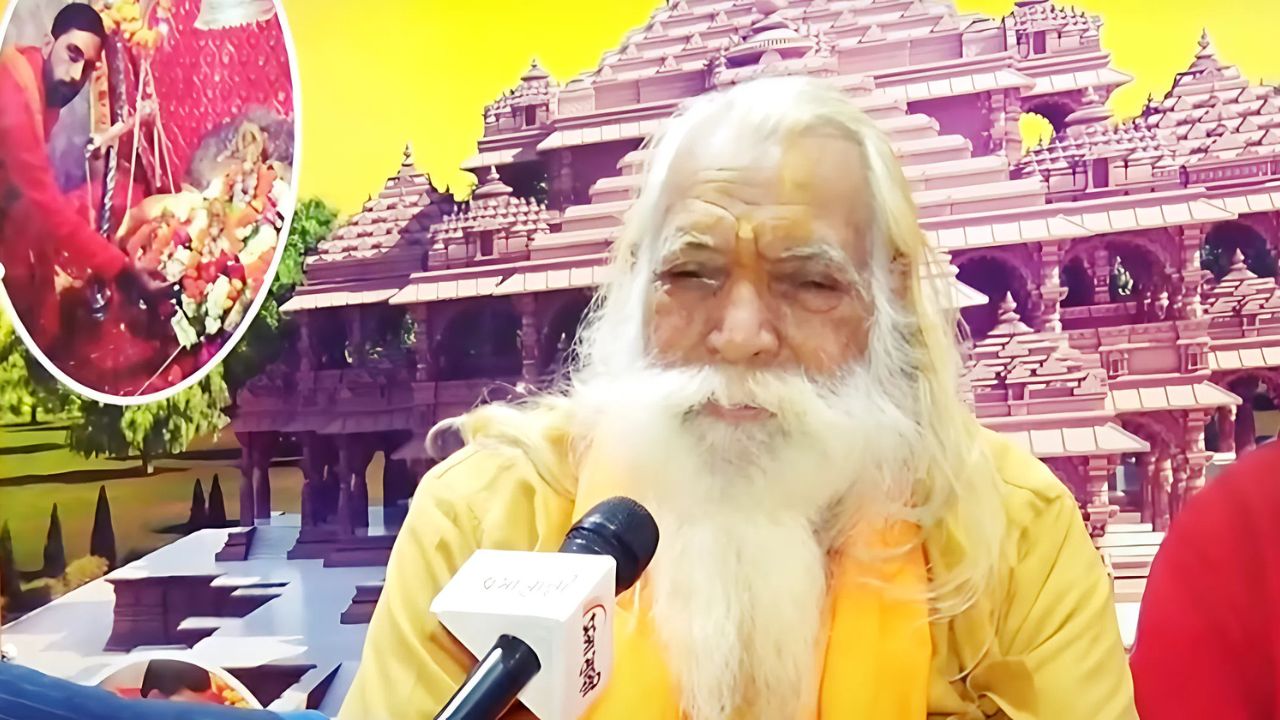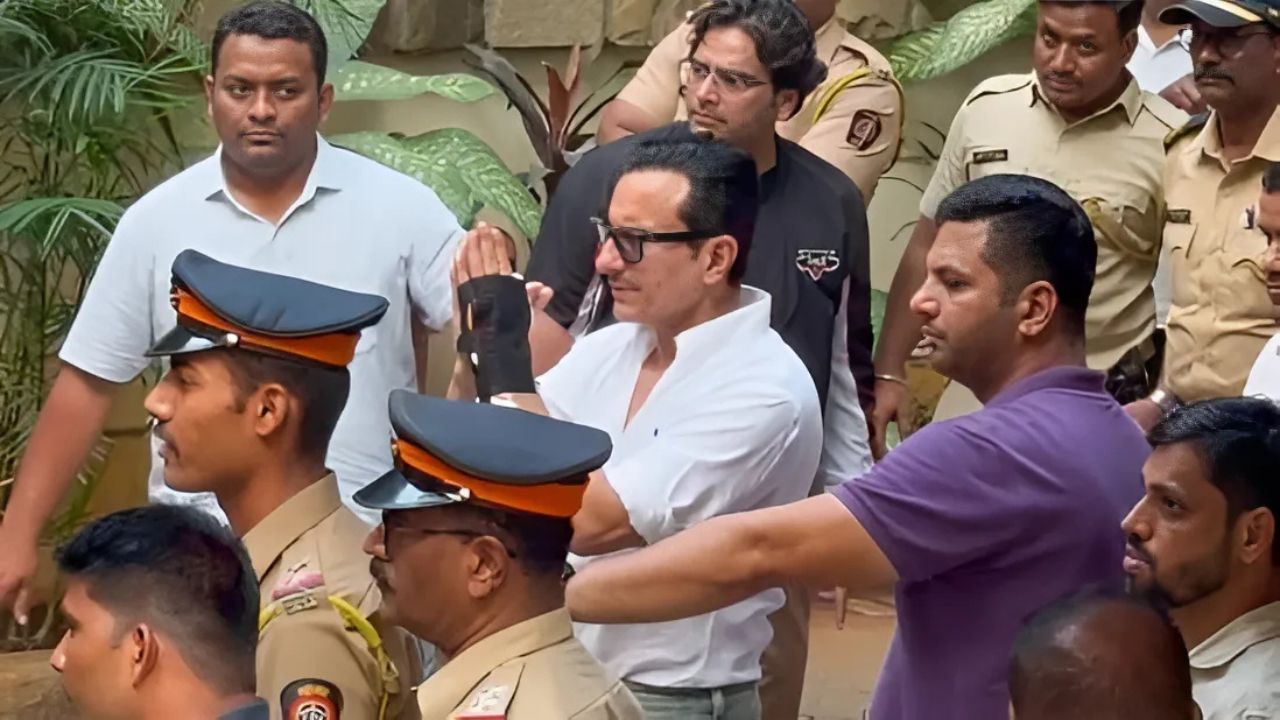In Pahalgam, Apni Party’s Key Figure Focuses on Jobs and Development Over Article 370 and Statehood
In the Pahalgam Assembly constituency of South Kashmir, where voting is set for the first phase on Wednesday, a long convoy of vehicles winds through the area's villages. The procession, featuring speakers blasting election jingles,

In the Pahalgam Assembly constituency of South Kashmir, where voting is set for the first phase on Wednesday, a long convoy of vehicles winds through the area’s villages. The procession, featuring speakers blasting election jingles, is led by Jammu and Kashmir Apni Party’s candidate Rafi Ahmad Mir, 68, who is campaigning from an open-top vehicle.
Mir, a prominent Apni Party leader and former MLA, is running on a platform focused on improving the lives of residents through job creation and development rather than emphasizing Article 370 or statehood issues. The constituency, home to a mix of Kashmiris, Paharis, and Gujjars, is also a popular tourist destination and a key route for the Amarnath yatra.
As Mir’s convoy passes through villages like Sallar and Langanbal on its way to Pahalgam town, enthusiastic supporters on two-wheelers join the rally, chanting slogans in his favor. Local women offer candies, milk, and juice, while others watch from their windows as Mir, a well-known local figure, waves to them.
In the main market, Mir addresses a crowd, asking for their support: “Give me one chance. If elected, I will work alongside you to lead Pahalgam,” he promises, highlighting issues of unemployment and development as his key concerns.
Mir first won the Pahalgam seat in 1987 as a National Conference candidate, then again in 2008 on the PDP ticket. He later served as vice-chairman of the J&K Tourism Development Corporation under Mehbooba Mufti’s government. In 2020, he joined the Apni Party, founded by former PDP leader Altaf Bukhari.
Reflecting on past campaign challenges, Mir notes, “Previously, campaigning was very different during the years of militancy. Now, we campaign well into the night.” Despite being accompanied by police and security, Mir frequently stops to speak with locals.
Addressing the gap since the last Assembly elections, Mir acknowledges public frustration. “People felt deprived with no elected representatives under Governor’s rule. Even after the abrogation of Article 370, Panchayats and District Development Councils were created but did not fully address local needs,” he says.
Mir emphasizes the need for improved healthcare and clean water, as well as better management of the Amarnath yatra, which he argues has been mishandled in the absence of a local MLA. “Streamlining the yatra will benefit both pilgrims and locals,” he asserts.
Mir portrays himself as a local candidate committed to Pahalgam’s development, contrasting with other parties that have represented the area in the past. “I am a local face, not an outsider. My livelihood and my life are here,” he says.
In the 2014 elections, Mir narrowly lost to NC candidate Altaf Ahmad Wani. The NC has fielded Wani again for this seat. Mir criticizes traditional parties for their handling of Kashmir’s issues and advocates for a focus on job security, land protection, and the future, regardless of the status of Article 370.
The Apni Party, often seen as close to the BJP, has fielded 46 candidates, including 35 from Kashmir, in the three-phase J&K polls. The party previously ran candidates in two out of five Lok Sabha seats but did not secure any victories.




